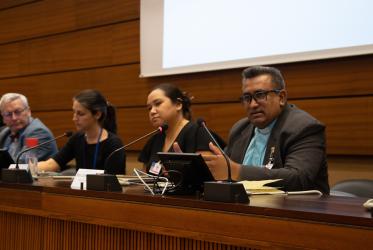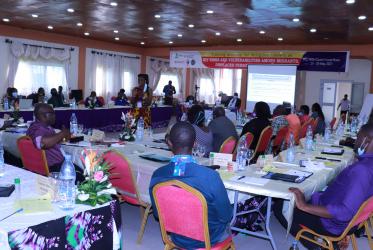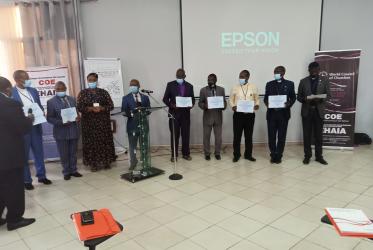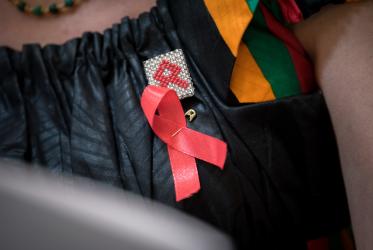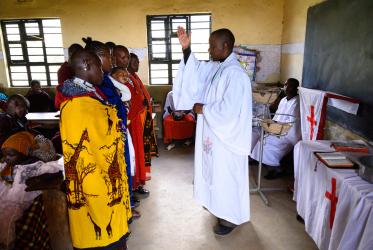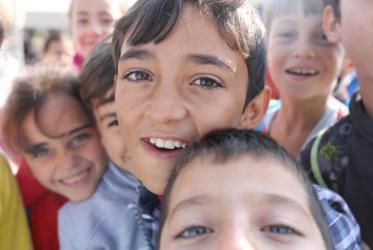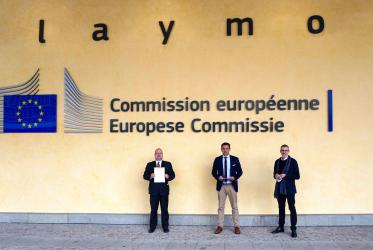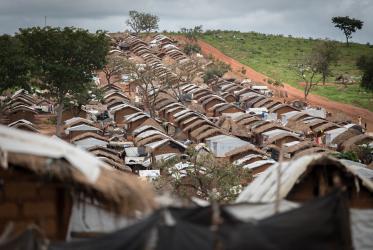Displaying 1 - 20 of 111
Ukraine: Responding to humanitarian need
08 September 2022
Christians in Africa face increasing violent attacks, repression
23 December 2020
Webinar will highlight “People on the Move: Solidarity and Advocacy”
05 November 2020
Ecumenical statement on migration received by European Commission
25 September 2020




